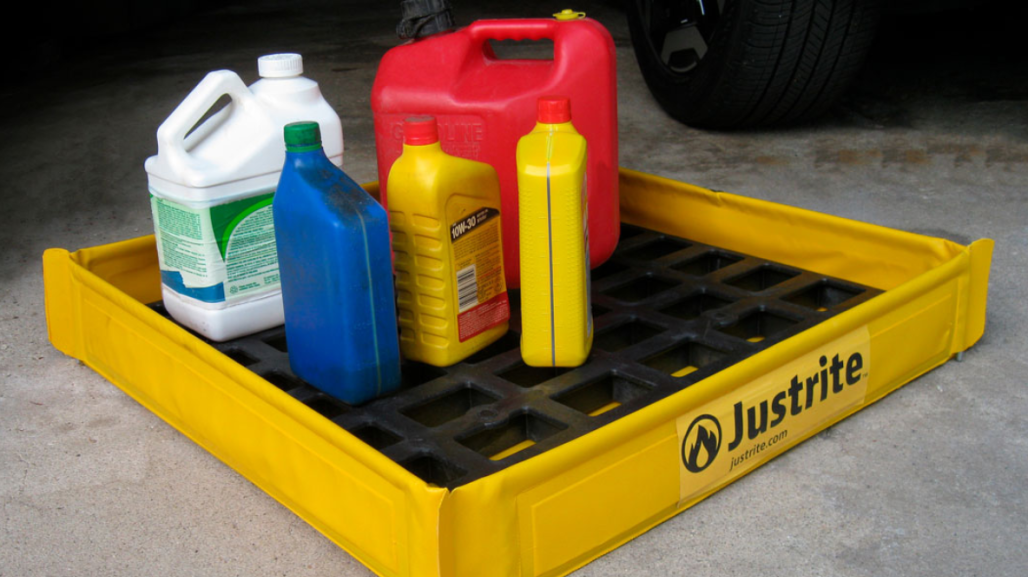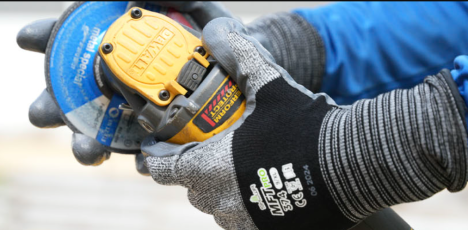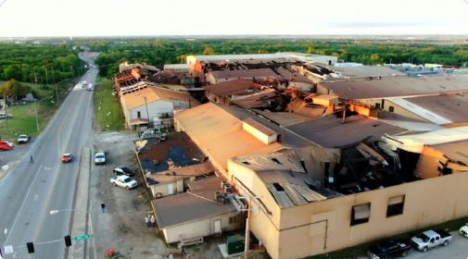5S — Red Tag Technique
A how-to guide for Red Tag inventory efforts with tips and tricks for maximum results.
A how-to guide for Red Tag inventory efforts with tips and tricks for maximum results.

Using the Red Tag technique, create a Red Tag area, separate needed from unneeded items and discard the unneeded items as follows: The Red Tag technique is divided into three efforts. All efforts need a leader.
a. Identify a local area with one week storage capacity, and a holding area manager. b. The area must be highly visible and centrally located. This allows others to claim unneeded items. i. Have a RED TAG AREA sign posted. ii. Set the boundaries of the area with tape, chain, etc. c. Clearly labeled with rules for use and disposition posted: i. Items in this area are available for all departments. ii. Do not remove items without permission from ___________________ ext.____. iii. These items will only remain in area for _____days. After that they will be disposed of. iv. Please do not remove tags. d. Let all know about the Red Tag area and rules through email, intercom, postings on information boards, etc. Keep it low cost. e. Example of a Red Tag:

f. With the Red Tag area properly identified, decide on what is needed and what is not. Do the following: i. Sort through all items in the work area (excess inventory, unneeded and defective items, clutter, wires, tools, fixtures, gauges, garbage, furniture, wall and ceiling hangings, unused equipment, storage of items from other areas, paperwork, supplies, etc.) and ask: 1. Does it have a function in this area? 2. Is it needed? How often? By whom? 3. If we remove it, will it really matter? 4. Is it in the way? Does it take too much space? ii. Look in cabinets with doors, under desks and tables, in drawers, shelves, in unlabeled boxes, around columns, walls (outdated posters, slogans, notices, memos, boards) and ask: 1. Does it have a function in this area? 2. Is it needed? How often? By whom? 3. If we remove it, will it really matter? 4. Is it in the way? Does it take too much space? g. Keep what is needed and discard what is not needed.

h. Keep and properly store needed items. i. Reduce the number of items needed to the quantity required at any given time. j. Discard what is not needed by placing the items in the Red Tag area. Some items can be disposed of right away without storage in the Red Tag area. k. Some items will be claimed by other departments. Items that stay in the area for more than a week (or predetermined time), will be “disposed of items” on schedule. l. Do not place items in red tag area that are not needed very often but cannot be disposed of. Instead, store these items away from work area. Retrieve only as needed.
a. Once the Red Tag technique is applied for the first time, the area will have only needed items. These conditions will only last for about one week without daily maintenance. b. Daily maintenance can be done by any worker. c. Any item that is not needed should be red tagged and disposed of immediately.
a. Even with daily maintenance all companies will need an annual (or semiannual) Red Tag effort. b. This effort will require all workers in the area, supervisors, and outsiders. (Follow the guidelines for the first-time effort as it applies).
AccuformNMC is the leading manufacturer of American made safety products—including over 16,000 signs, tags, & labels ready to ship next day. Our commitment is to support every safety ID need, with product, service, and custom solutions. We offer the toughest signs and labels in the market and guarantee them for life. Protected with Sign Muscle®, a liquid laminate strong enough to protect against fading, it allows easy graffiti removal, resists chemical corrosion, and is applied for free.





